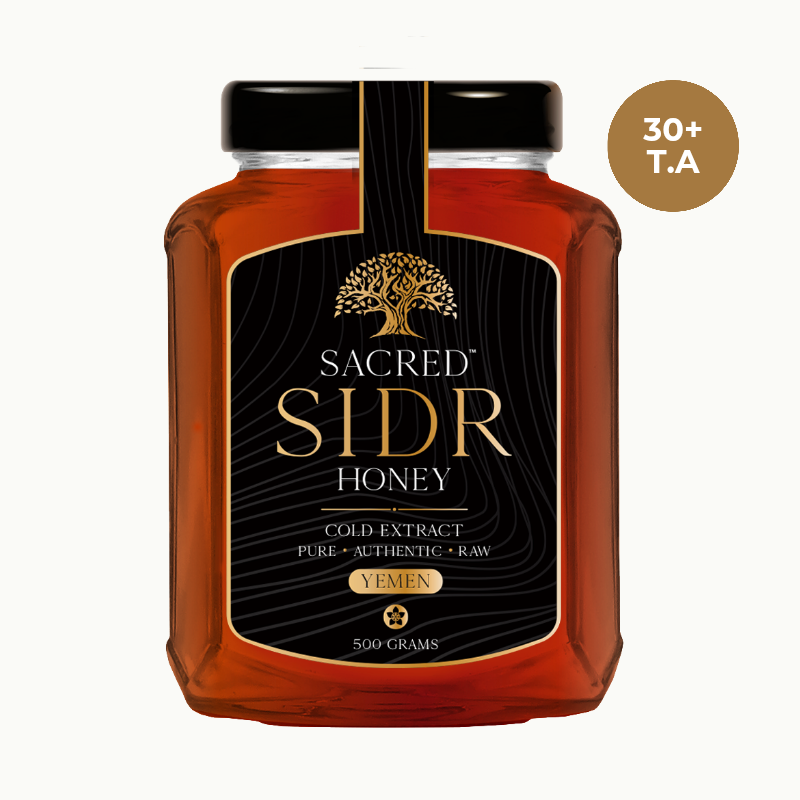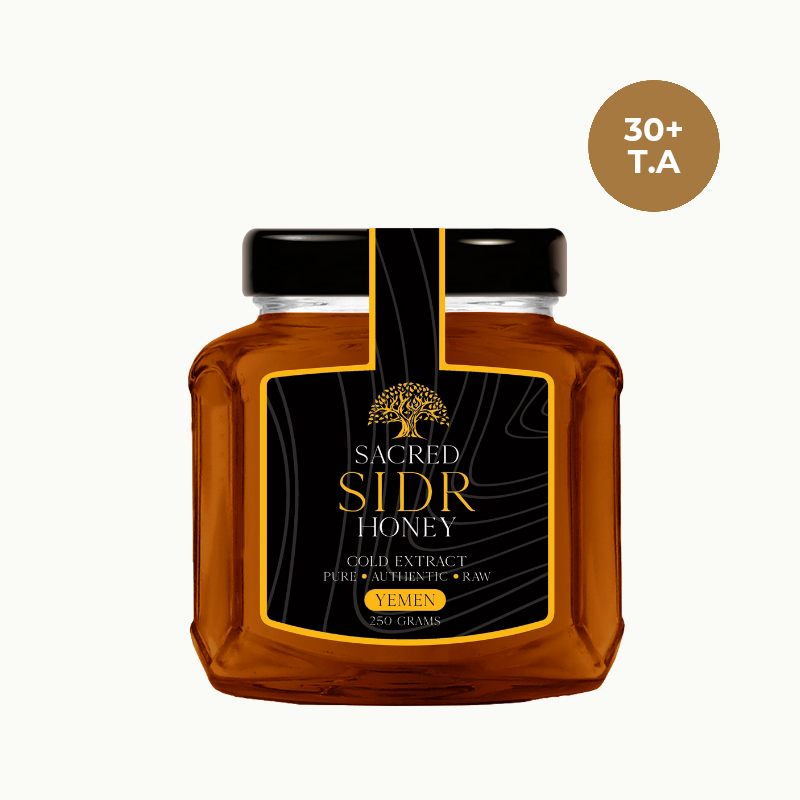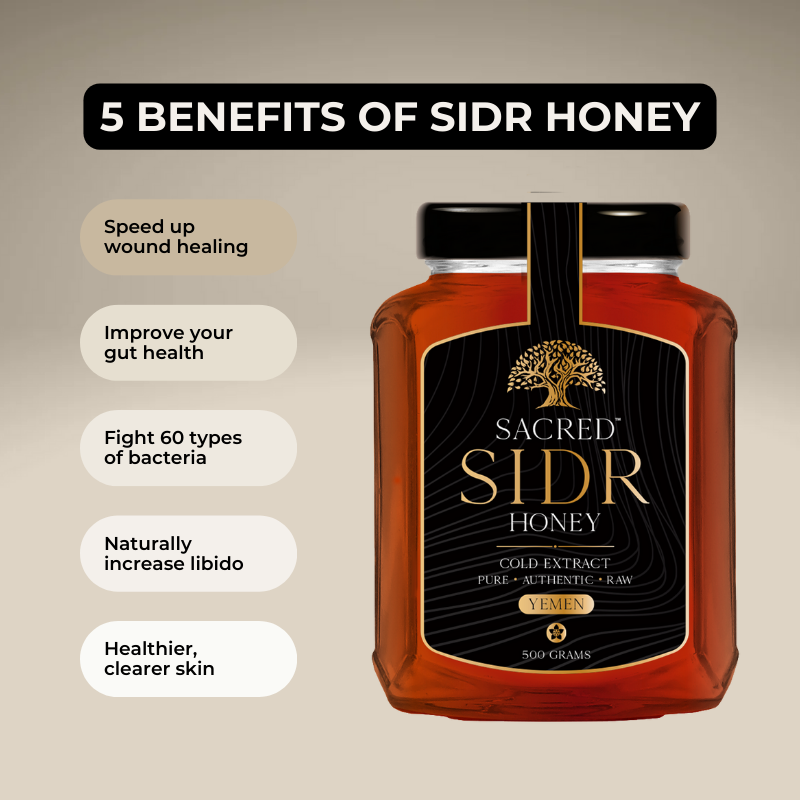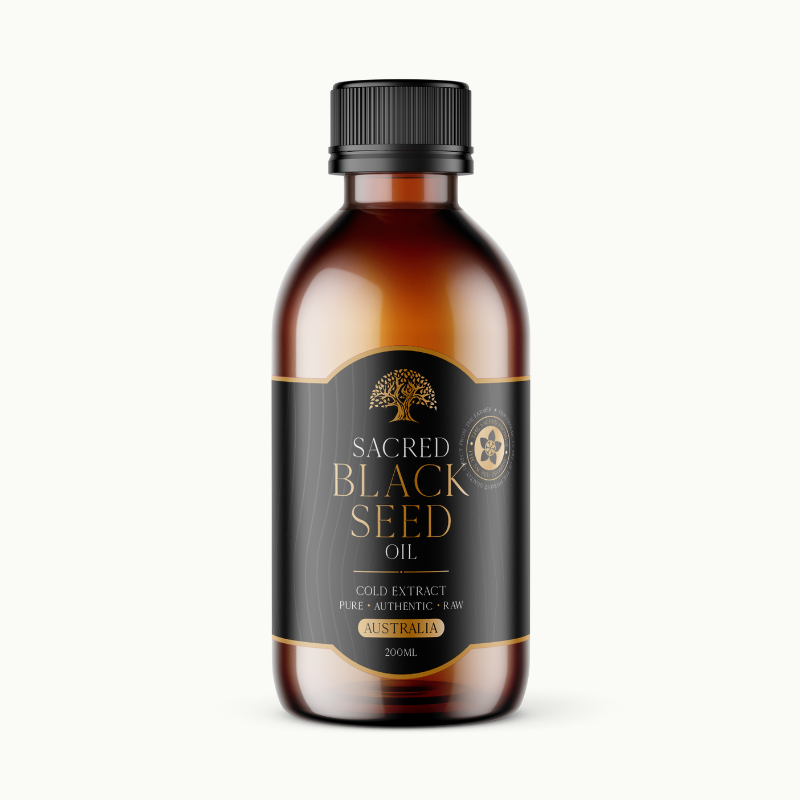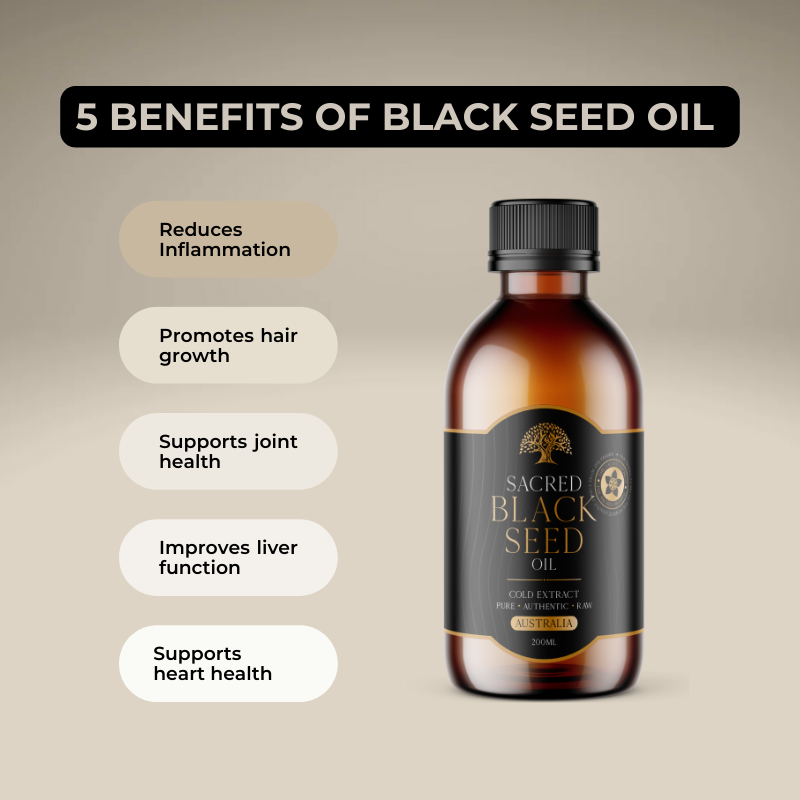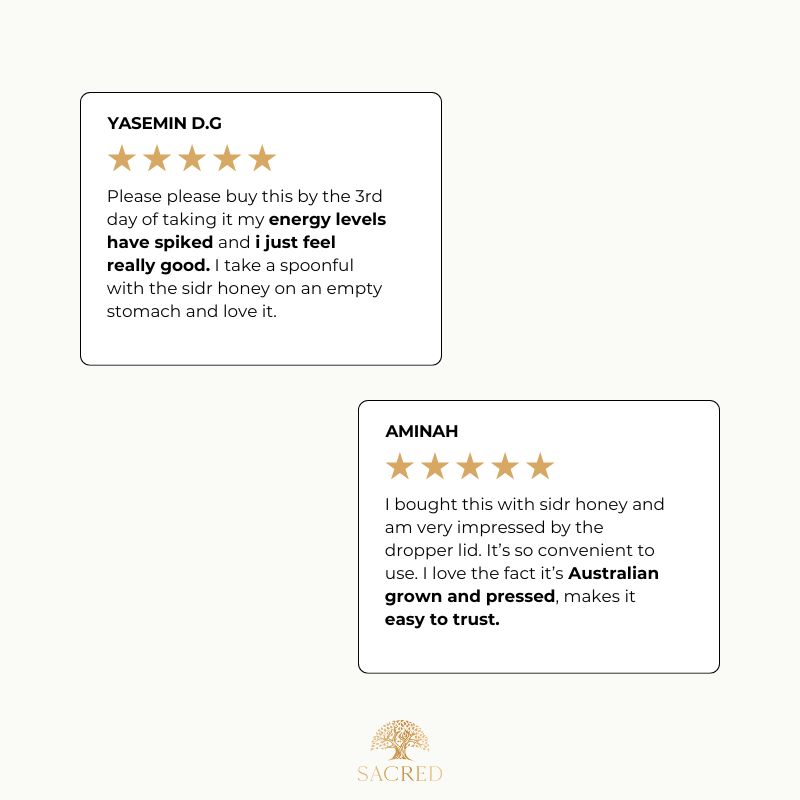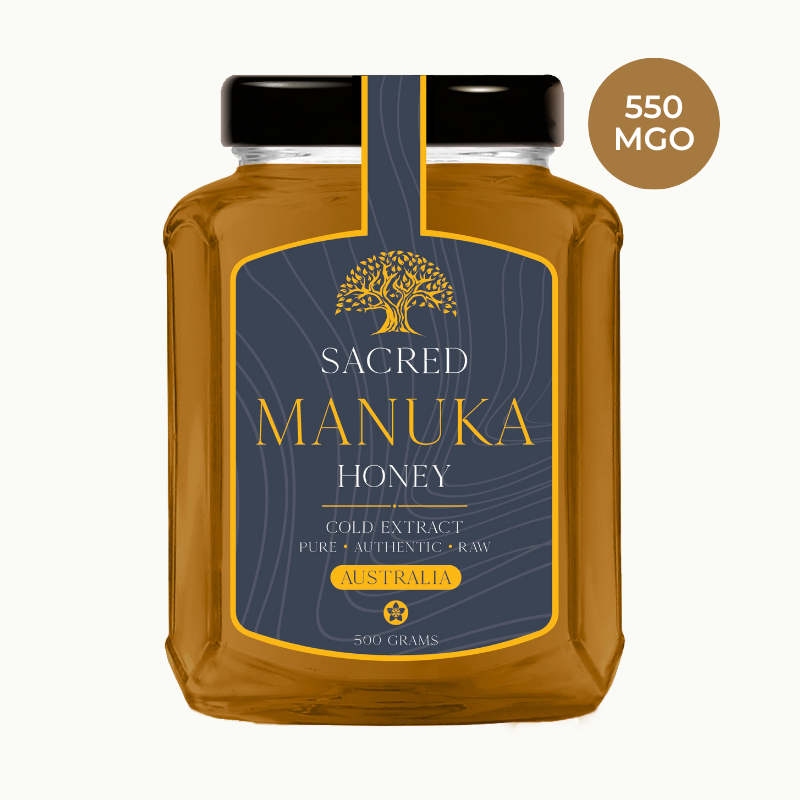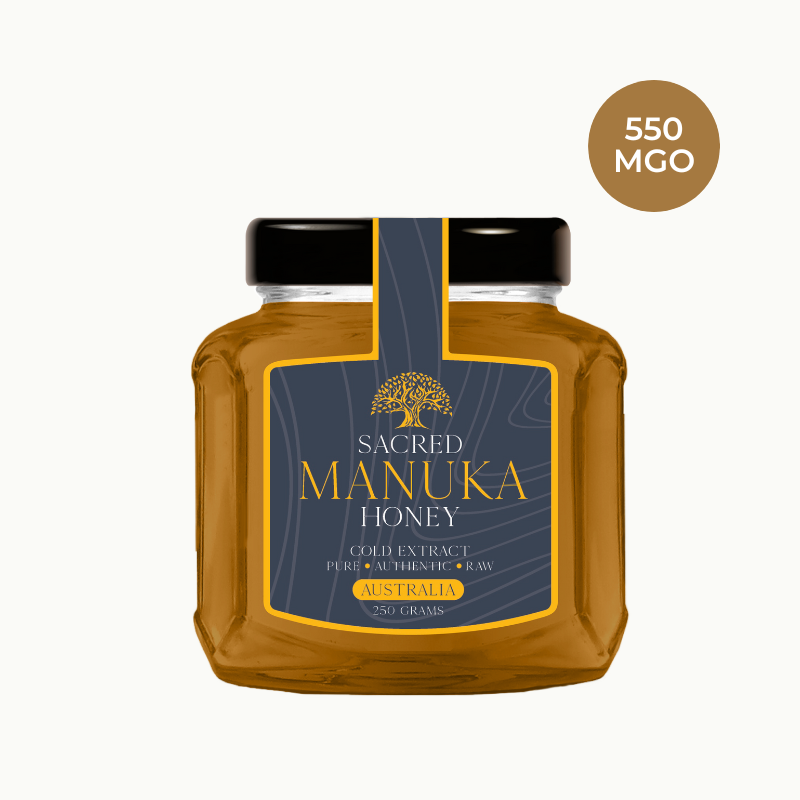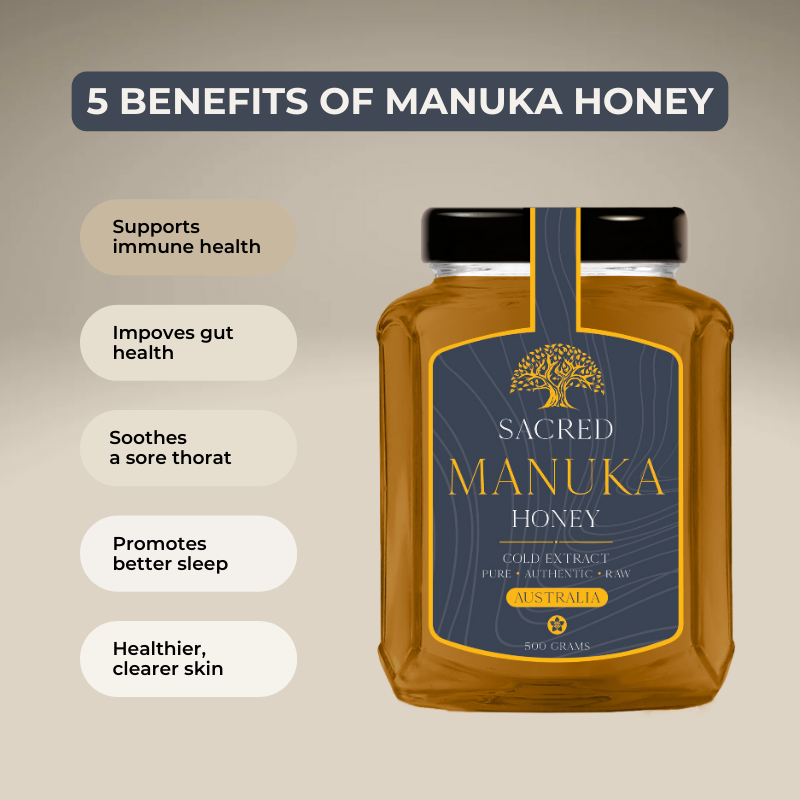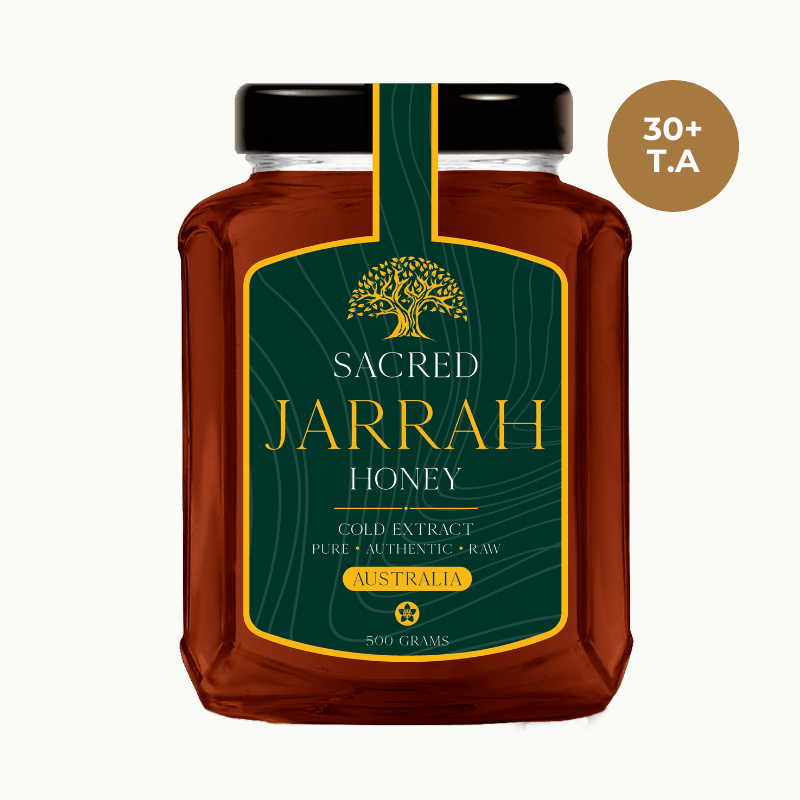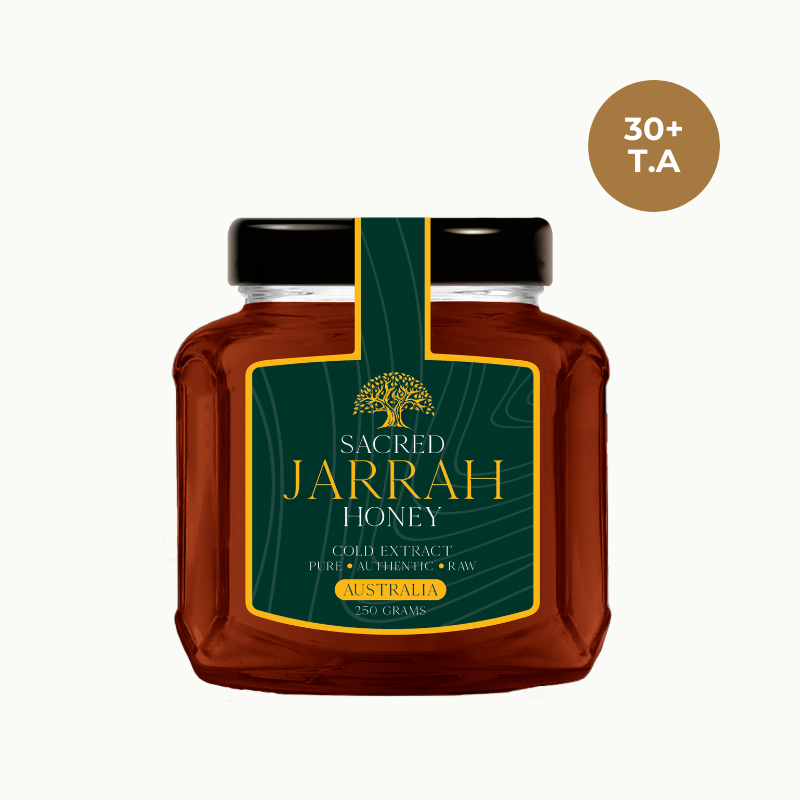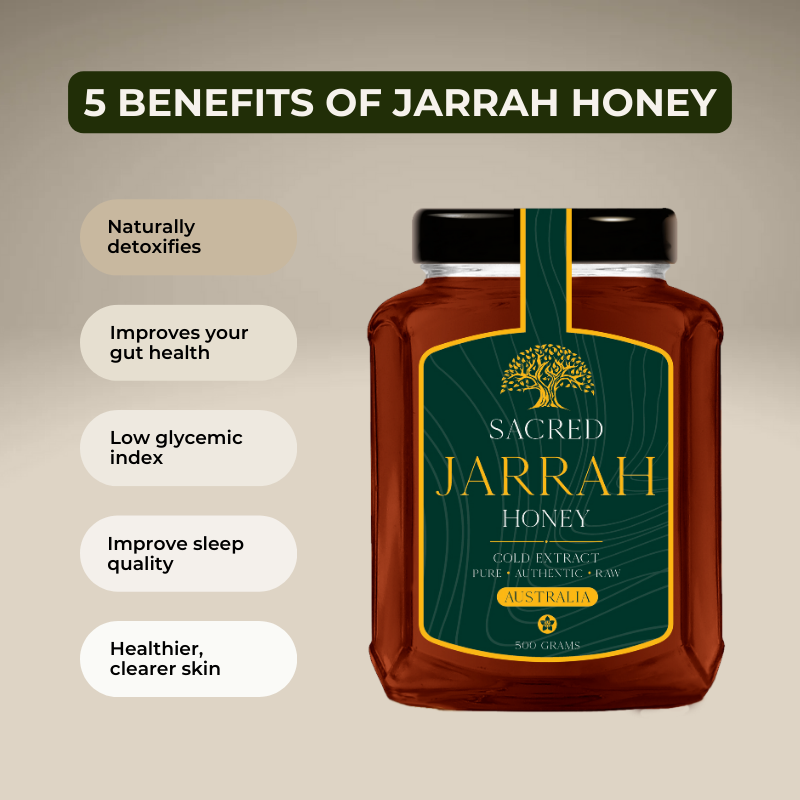
Healing your Gut Naturally: Benefits of Yemeni Sidr Honey
In recent years, there has been growing interest in natural remedies for gut health, and Yemeni Sidr honey has emerged as a powerful ally in this quest for digestive wellness. Produced from the nectar of the Sidr tree (Ziziphus spina-christi) in the mountainous regions of Yemen, this honey has been revered for centuries for its medicinal properties.
Prebiotic Properties: Yemeni Sidr honey contains oligosaccharides, a type of carbohydrate that acts as a prebiotic, nourishing beneficial bacteria in the gut. Research suggests that prebiotics promote the growth of probiotics, the "good" bacteria that support digestive health. By providing a favorable environment for probiotics to flourish, Sidr honey helps maintain a healthy balance of gut microbiota, which is crucial for optimal digestion and overall well-being.
Anti-Inflammatory Effects: Chronic inflammation in the gut is a common underlying factor in various digestive disorders, including irritable bowel syndrome (IBS), inflammatory bowel disease (IBD), and gastritis. Yemeni Sidr honey exhibits potent anti-inflammatory properties, which can help soothe inflammation in the gastrointestinal tract and alleviate symptoms such as abdominal pain, bloating, and diarrhea. Studies have shown that honey's anti-inflammatory effects are mediated by its ability to inhibit inflammatory pathways and reduce the production of pro-inflammatory cytokines.
Gastroprotective Action: Yemeni Sidr honey has been traditionally used to protect and heal the lining of the stomach and intestines. Research suggests that honey forms a protective barrier over the mucous membranes, shielding them from damage caused by stomach acid, pathogens, and other irritants. Additionally, honey's antimicrobial properties help prevent the growth of harmful bacteria in the gut, reducing the risk of gastrointestinal infections and promoting overall gut health.
Healing Properties: The high sugar content of Yemeni Sidr honey creates a hypertonic environment that draws moisture out of bacterial cells, ultimately killing them. This antibacterial action not only helps combat pathogenic bacteria in the gut but also promotes the healing of intestinal wounds and ulcers. Furthermore, honey's viscosity creates a soothing coating over inflamed tissues, providing relief from discomfort and promoting tissue repair.
Immune Modulation: Emerging research suggests that Yemeni Sidr honey may modulate the immune system and enhance gut immunity. By promoting the growth of beneficial bacteria and regulating immune responses in the gut, Sidr honey helps strengthen the body's natural defenses against pathogens and allergens. This immune-modulating effect may be particularly beneficial for individuals with autoimmune conditions or chronic gut disorders.
Yemeni Sidr honey offers a holistic approach to gut health, addressing inflammation, microbial balance, mucosal protection, and immune modulation. Backed by centuries of traditional use and supported by scientific research, Sidr honey stands out as a natural remedy for promoting digestive wellness and improving overall quality of life.
Disclaimer: The information provided in this blog post is for educational and informational purposes only. It is not intended as medical advice or a substitute for professional medical diagnosis, treatment, or care. Always seek the advice of your physician or other qualified health provider with any questions you may have regarding a medical condition. Never disregard professional medical advice or delay in seeking it because of something you have read in this blog post. The use of natural remedies, including Yemeni Sidr honey, should be approached with caution and individual considerations. Results may vary, and it's essential to consult with a healthcare professional before incorporating any new dietary supplements or making significant changes to your health regimen.
Sources:
- Al-Waili, N. S. (2011). Natural honey lowers plasma glucose, C-reactive protein, homocysteine, and blood lipids in healthy, diabetic, and hyperlipidemic subjects: Comparison with dextrose and sucrose. Journal of Medicinal Food, 14(7-8), 733–740.
- Erejuwa, O. O., Sulaiman, S. A., & Wahab, M. S. (2012). Honey: A novel antioxidant. Molecules, 17(4), 4400–4423.
- Khalil, M. I., Alam, N., Moniruzzaman, M., & Sulaiman, S. A. (2012). Ganoderma lucidum mycelium and spore extracts as natural antibiotics against some pathogens. Acta Pharmaceutica, 62(5), 789–798.
- Samarghandian, S., Farkhondeh, T., & Samini, F. (2017). Honey and health: A review of recent clinical research. Pharmacognosy Research, 9(2), 121–127.
Share


